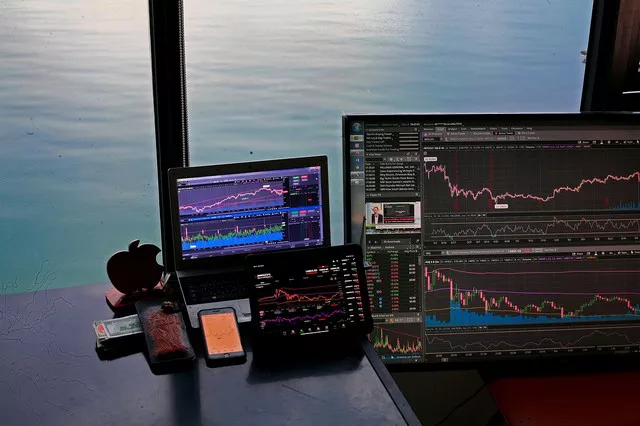Futures and the stock market are two distinct but interconnected components of the global financial landscape, each playing a vital role in facilitating investment and risk management. While futures contracts are not directly traded on the stock market, their impact on stock market performance and investor sentiment cannot be overlooked. In this article, we delve into the relationship between futures and the stock market, examining how futures contracts are used by investors, the role they play in market dynamics, and the implications for traders and investors.
Understanding Futures Contracts
Futures contracts are standardized agreements to buy or sell an underlying asset at a predetermined price on a specified future date. These contracts are traded on regulated futures exchanges, such as the Chicago Mercantile Exchange (CME), the Chicago Board of Trade (CBOT), and the New York Mercantile Exchange (NYMEX), providing investors with a transparent and efficient marketplace for price discovery and risk management. Futures contracts are available for a wide range of underlying assets, including commodities, currencies, stock indices, and interest rates, allowing investors to gain exposure to diverse asset classes and manage risk effectively.
Relationship Between Futures and the Stock Market
While futures contracts are not directly traded on the stock market, they have a significant impact on stock market performance and investor sentiment. Futures contracts on stock indices, such as the S&P 500, Nasdaq 100, and Dow Jones Industrial Average, allow investors to speculate on the future direction of stock prices and hedge against potential losses in their stock portfolios. Changes in futures prices can influence investor sentiment and market dynamics, leading to correlations between futures and stock market performance.
Role of Futures in Market Dynamics
Futures contracts play several key roles in market dynamics, including price discovery, risk management, and liquidity provision. Futures prices reflect market expectations about future asset prices and serve as a leading indicator of market sentiment and trends. As a result, changes in futures prices can influence investor behavior and drive price movements in the underlying assets. Additionally, futures contracts allow investors to hedge against price fluctuations and manage risk exposure in their investment portfolios. By entering into futures contracts, investors can protect against adverse price movements and mitigate potential losses in their stock holdings.
Implications for Traders and Investors
For traders and investors, understanding the relationship between futures and the stock market is essential for making informed decisions and managing investment portfolios effectively. Changes in futures prices can provide valuable insights into market sentiment and trend direction, helping traders anticipate potential price movements in the stock market. Additionally, futures contracts offer opportunities for investors to hedge against market risk and diversify their portfolios across different asset classes. By incorporating futures contracts into their investment strategies, investors can enhance portfolio performance and mitigate risk exposure in volatile market conditions.
Trading Futures Contracts
While futures contracts are not traded on the stock market, they are accessible to investors through regulated futures exchanges and brokerage firms. Investors can trade futures contracts through futures brokers, online trading platforms, and direct access to futures exchanges. When trading futures contracts, investors should consider factors such as contract specifications, margin requirements, expiration dates, and trading hours. Additionally, investors should conduct thorough research and analysis to identify potential trading opportunities and manage risk effectively.
Conclusion
In conclusion, while futures contracts are not directly traded on the stock market, they play a significant role in shaping market dynamics and investor behavior. Futures contracts on stock indices allow investors to speculate on the future direction of stock prices and hedge against potential losses in their stock portfolios. Changes in futures prices can influence investor sentiment and market trends, leading to correlations between futures and stock market performance. For traders and investors, understanding the relationship between futures and the stock market is crucial for making informed decisions and managing investment portfolios effectively. By incorporating futures contracts into their investment strategies, investors can enhance portfolio performance, mitigate risk exposure, and capitalize on opportunities in the dynamic and interconnected world of finance.


